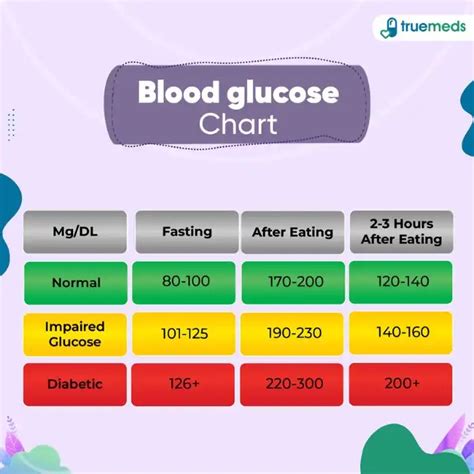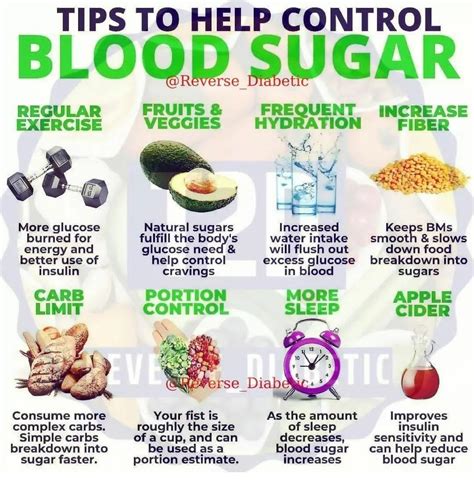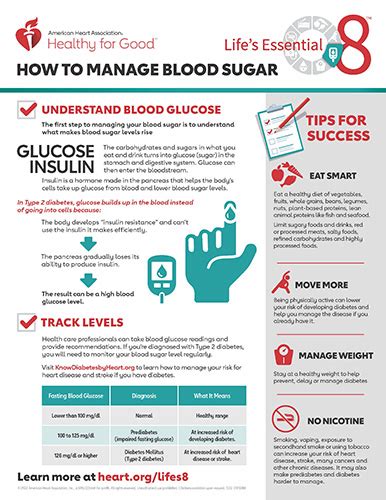Intro
Manage 130 sugar level with 5 effective ways, including diet, exercise, and monitoring blood glucose levels to prevent diabetes complications and maintain a healthy lifestyle with normal blood sugar ranges.
Maintaining healthy blood sugar levels is crucial for overall well-being, especially for individuals with diabetes or those at risk of developing the condition. A blood sugar level of 130 mg/dL is considered elevated, and it's essential to take proactive steps to manage and regulate it. In this article, we'll explore the importance of managing blood sugar levels, the risks associated with elevated levels, and provide practical tips on how to lower a 130 sugar level.
Elevated blood sugar levels can lead to a range of health complications, including cardiovascular disease, nerve damage, and kidney damage. Furthermore, high blood sugar levels can also increase the risk of developing conditions such as blindness, amputations, and even Alzheimer's disease. Therefore, it's vital to take control of your blood sugar levels and make informed lifestyle choices to manage them effectively. By understanding the causes and consequences of elevated blood sugar levels, individuals can take proactive steps to prevent and manage related health issues.
The good news is that managing blood sugar levels is achievable through a combination of lifestyle changes, dietary modifications, and medical interventions. By incorporating healthy habits into your daily routine, such as regular exercise, balanced eating, and stress management, you can effectively lower your blood sugar levels and reduce the risk of associated health complications. Additionally, being aware of the signs and symptoms of high blood sugar, such as increased thirst, frequent urination, and blurred vision, can help individuals seek medical attention promptly and prevent long-term damage.
Understanding Blood Sugar Levels

Causes of Elevated Blood Sugar Levels
Elevated blood sugar levels can be caused by a range of factors, including: * Insulin resistance: when the body's cells become less responsive to insulin * Poor diet: consuming high amounts of sugar, refined carbohydrates, and saturated fats * Lack of physical activity: regular exercise helps regulate blood sugar levels * Stress: chronic stress can raise blood sugar levels * Certain medications: some medications, such as steroids and certain psychiatric medications, can increase blood sugar levels * Sleep deprivation: lack of sleep can disrupt blood sugar regulation * Hormonal imbalances: certain hormonal imbalances, such as polycystic ovary syndrome (PCOS), can increase blood sugar levels5 Ways to Lower a 130 Sugar Level

Additional Tips for Managing Blood Sugar Levels
In addition to the five ways to lower a 130 sugar level, here are some additional tips for managing blood sugar levels: * **Get enough sleep**: aim for 7-8 hours of sleep per night to help regulate blood sugar levels * **Limit sugary drinks**: avoid consuming sugary drinks, such as soda and sports drinks, which can cause a spike in blood sugar levels * **Choose low-glycemic index foods**: select foods that are low on the glycemic index, such as whole grains, fruits, and vegetables, which can help regulate blood sugar levels * **Incorporate healthy fats**: add healthy fats, such as avocado, nuts, and seeds, to your diet to help regulate blood sugar levels and provide essential nutrientsBenefits of Managing Blood Sugar Levels

Risks of Unmanaged Blood Sugar Levels
Unmanaged blood sugar levels can have serious consequences, including: * **Cardiovascular disease**: high blood sugar levels can increase the risk of cardiovascular disease, including heart attacks, strokes, and high blood pressure * **Nerve damage**: high blood sugar levels can damage nerves, leading to numbness, tingling, and pain * **Kidney damage**: high blood sugar levels can damage kidneys, leading to kidney failure and the need for dialysis or a kidney transplant * **Blindness**: high blood sugar levels can damage the eyes, leading to blindness and vision lossConclusion and Next Steps

What are the symptoms of high blood sugar?
+The symptoms of high blood sugar include increased thirst, frequent urination, blurred vision, fatigue, and slow healing of cuts and wounds.
How often should I check my blood sugar levels?
+The frequency of checking blood sugar levels depends on individual factors, such as the type of diabetes, medication, and lifestyle. Consult with your healthcare provider to determine the best schedule for you.
Can I manage my blood sugar levels through diet alone?
+While diet plays a crucial role in managing blood sugar levels, it may not be enough to manage blood sugar levels alone. Consult with your healthcare provider to determine the best course of treatment for your individual needs.
